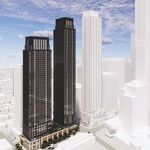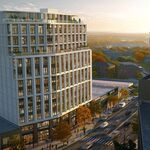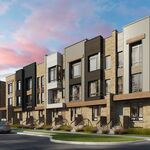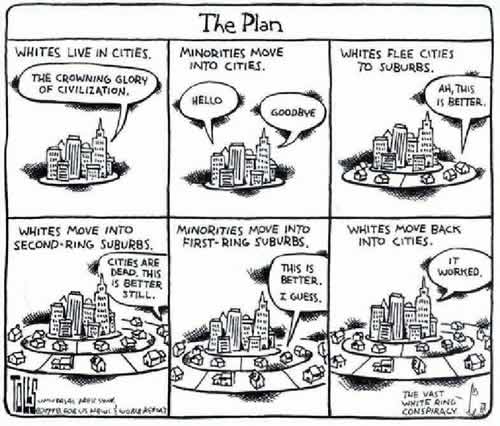King of Kensington
Senior Member
Gentrification is a real thing but the term is bandied about very loosely.
What is gentrification and what neighborhoods have undergone, are undergoing or are likely to see it in the near future?
And to what extent is it actually driven by "hipsters", "yuppies" and the like? One thing I noticed in the latest issue of Toronto Life is that the areas seeing the fastest increase in real estate values are not what we think of as "hip", "trendy" and the like.
What is gentrification and what neighborhoods have undergone, are undergoing or are likely to see it in the near future?
And to what extent is it actually driven by "hipsters", "yuppies" and the like? One thing I noticed in the latest issue of Toronto Life is that the areas seeing the fastest increase in real estate values are not what we think of as "hip", "trendy" and the like.





